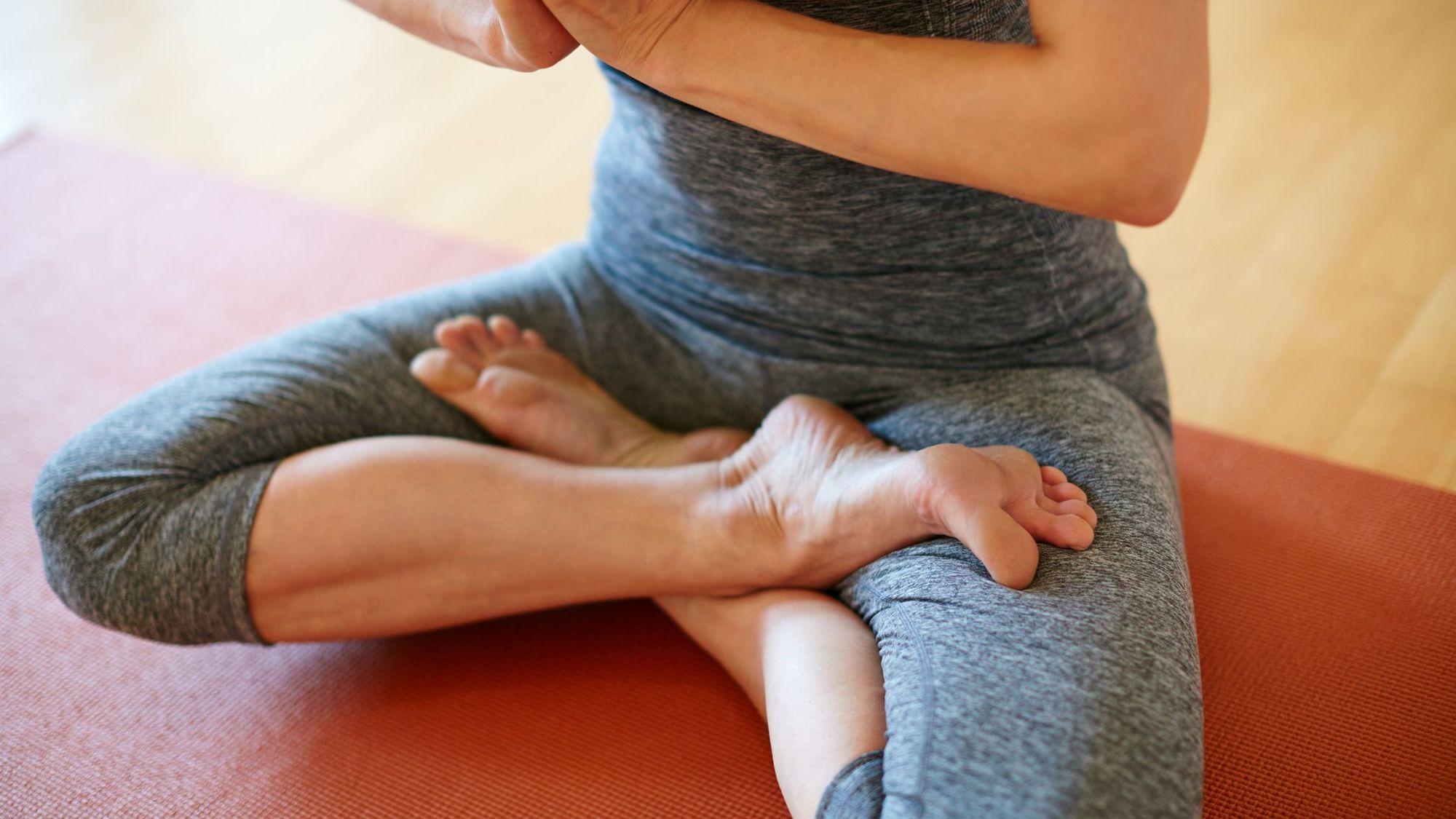
Self-discovery is an ongoing journey that is crucial for personal growth and well-being. It is important to continue to strive for self-awareness and self-compassion, and to make time for self-care and self-reflection, as the work of self-discovery never truly ends. Even though I am now in my 40s, I feel much closer to knowing who I am, but there is still so much more to learn and discover about myself.
You might be wondering why self-discovery is so important. For starters, you can stand to benefit a great deal from getting to know yourself better. The benefits of self-discovery extend beyond just mental and emotional well-being, but also to physical health, career success and overall life satisfaction. This might be why so many people go on self-discovery retreats for the sole purpose of finding themselves.
Through my journey of self-discovery, I have gained a better understanding of myself, made more thoughtful decisions in life, fostered healthier relationships and led a more fulfilling life. I have learned to accept and love myself for who I am, establish clear and healthy boundaries, attend to my own needs, and let go of the past to fully embrace the present.
It all makes sense if you take a minute to think about it. People who are generally indecisive and don’t have good boundaries are often people who don’t have a strong sense of self. A journey of self-discovery could change that and help you develop a healthier, stronger sense of self.
Self-discovery is not only about discovering answers, but also about learning to ask the right questions and understanding that there is no single “right” way to live one’s life. Most importantly, understand that the journey of self-discovery is ongoing and ever-evolving.
Below are 15 tips and tools to help you get started on your self-discovery journey:

1. Reflect on Your Values and Goals
Take the time to think about what is truly important to you, and what you want to achieve in your life. Write down your values and goals, and use them as a guide for your self-discovery journey.

2. Practice Mindfulness
Mindfulness is the practice of being present in the moment and fully aware of your thoughts, feelings, and surroundings. This can be achieved through techniques such as mindfulness meditation, yoga, or simply taking a walk in nature without your phone or any distractions.
3. Keep a Journal
Writing down your thoughts and feelings can help you gain a deeper understanding of yourself. Journaling can also serve as a tool for self-reflection and for tracking your progress on your journey of self-discovery.
4. Seek Therapy
Talking to a therapist can be a valuable tool for self-discovery. A qualified therapist can help you understand yourself and your past, and provide guidance on how to navigate your journey. Here are some tips for finding the right therapist for you.
5. Try New Things
Step outside of your comfort zone and try new experiences. This can be anything from learning a new skill, to traveling to a new place, or even trying out a new hobby. We tend to learn a lot about ourselves when we try new things, and this could include discovering new passions we might have.
6. Reflect on Your Past
Reflecting on your past can help you understand how your experiences have shaped you, and how they may be influencing your present.
7. Connect With Others
Connecting with others can provide valuable insights into yourself and the world around you. This can be done through friendships, romantic relationships, hiking groups, or even through online communities.
8. Practice Self-Care
Taking care of yourself is essential for self-discovery. This can include things like eating well, getting enough sleep, and taking time for yourself.
9. Read Self-Help Books
Reading self-help books can provide valuable insights and tools for self-discovery. Look for books that align with your values and goals, and that offer practical advice on how to navigate the journey of self-discovery.
10. Get in Touch With Nature
Being in nature can be a powerful tool for self-discovery. It can provide a sense of peace and tranquility, and can help you reconnect with your inner self. Take a walk in the woods, go for a hike, or simply spend some time in a park or garden. Spend time in green and blue spaces, to help you do some self-reflection. Green spaces are places like the forest, hiking trails, gardens, and parks. Blue spaces are lakes, the ocean, or rivers.
11. Practice Gratitude
Cultivate an attitude of gratitude. Reflect on the things in your life you are thankful for, no matter how small they may be. This can help shift your perspective and focus on the positive aspects of your life.
12. Go on a Self-Discovery Retreat:
Self-discovery retreats can be a powerful tool for personal growth and healing. These retreats offer a variety of activities such as yoga, meditation, pranayama, therapy, and other self-discovery activities in a secluded environment that fosters self-reflection and deep thinking.
13. Explore Somatic Practices
Somatic practices, such as breathwork, yoga, movement, and sound healing, can be a valuable tool for self-discovery. They can help you tap into the innate healing power of the body and release stored tension and trauma. An especially powerful tool is pranayama, an ancient breathing technique.
14. Connect with Your Spirituality
Connecting with your spirituality can be another powerful tool for self-discovery. Becoming more spiritual can provide a sense of purpose and meaning, and can help you understand your place in the world.
15. Be Patient
Some people don’t fully understand themselves for decades. Self-discovery is a lifelong journey and it takes time to uncover answers and understand yourself. Be patient with yourself, and understand that progress is not linear. Keep in mind that the journey is not only about arriving at the destination but also enjoying the ride.
With that in mind, enjoy getting to know yourself, and get creative with ways to understand yourself better. You could even get a DNA test to learn more about yourself through genetic insights and ancestry information.
References:
- National Institute of Mental Health. (2020). Therapy can be effective for mental health conditions. Retrieved from https://www.nimh.nih.gov/health/topics/psychotherapies/index.shtml
- Journal of Alternative and Complementary Medicine. (2016). The effects of a breath-based meditation intervention on emotion regulation, stress response, inflammation, and cardiovascular function. Retrieved from https://www.ncbi.nlm.nih.gov/pmc/articles/PMC5129254/
- International Journal of Yoga. (2018). Yoga and mental health: The need for a holistic approach. Retrieved from https://www.ncbi.nlm.nih.gov/pmc/articles/PMC6372300/
- International Journal of Yoga Therapy. (2017). Yoga therapy and somatic practices for trauma and PTSD. Retrieved from https://www.ncbi.nlm.nih.gov/pmc/articles/PMC5663762/





